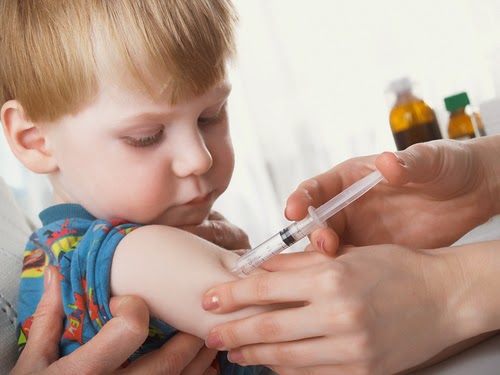 |
| Image Source: utahpeoplespost.com |
Many measles cases are now reported across the nation, highlighting the importance of childhood vaccinations. While the measles outbreak has gotten people lining up for vaccines, it has also spurned anti-vaccination arguments based on old myths about the medical practice.
Particularly alarming is what some parents are willing to do to show their mistrust of vaccines. There was even an anti-vaccination children’s picture book published with the aim of educating children on the benefits of having measles. The book’s author said that “according to natural health sources, [some diseases] are beneficial to the body.” The book has since received more than 800 one-star ratings and negative reviews.
 |
| Image Source: rafi.org.ph |
Meanwhile, the U.S. Department of Health has had to issue a strong recommendation against intentionally exposing children to measles. This move was in response to rumors of “measles parties” spreading after a local radio station in San Francisco reported that a mother offered to arrange a play date among sick and healthy children. The health department warns that such intentional exposure puts children at unnecessary risk and contributes to the spread of the disease.
It’s difficult to see the benefits of acquiring the disease when, in some parts of the world, measles is still one of the main causes of death. Additionally, the families in these areas often don’t have the luxury of choice in the vaccination debate because they simply don’t have access to the vaccine.
 |
| Image Source: newstank.co.uk |
Parents of children who have seen the effects of the disease first hand implore others to vaccinate their children. Notably, Roald Dahl has written about the importance of vaccination after his daughter died of measles encephalitis. Dahl said, “In my opinion parents who now refuse to have their children immunized are putting the lives of those children at risk.”
Additionally, choosing not to vaccinate your children also puts other kids in danger. One of the important principles related to vaccination is community immunity. Some people like infants, pregnant women, and immunocompromised individuals are not eligible for certain vaccines. For their risks against certain diseases to be kept to a minimum, most members of their community need to be protected against illnesses. When more people choose not to be immunized, the whole community is put at risk of an outbreak.